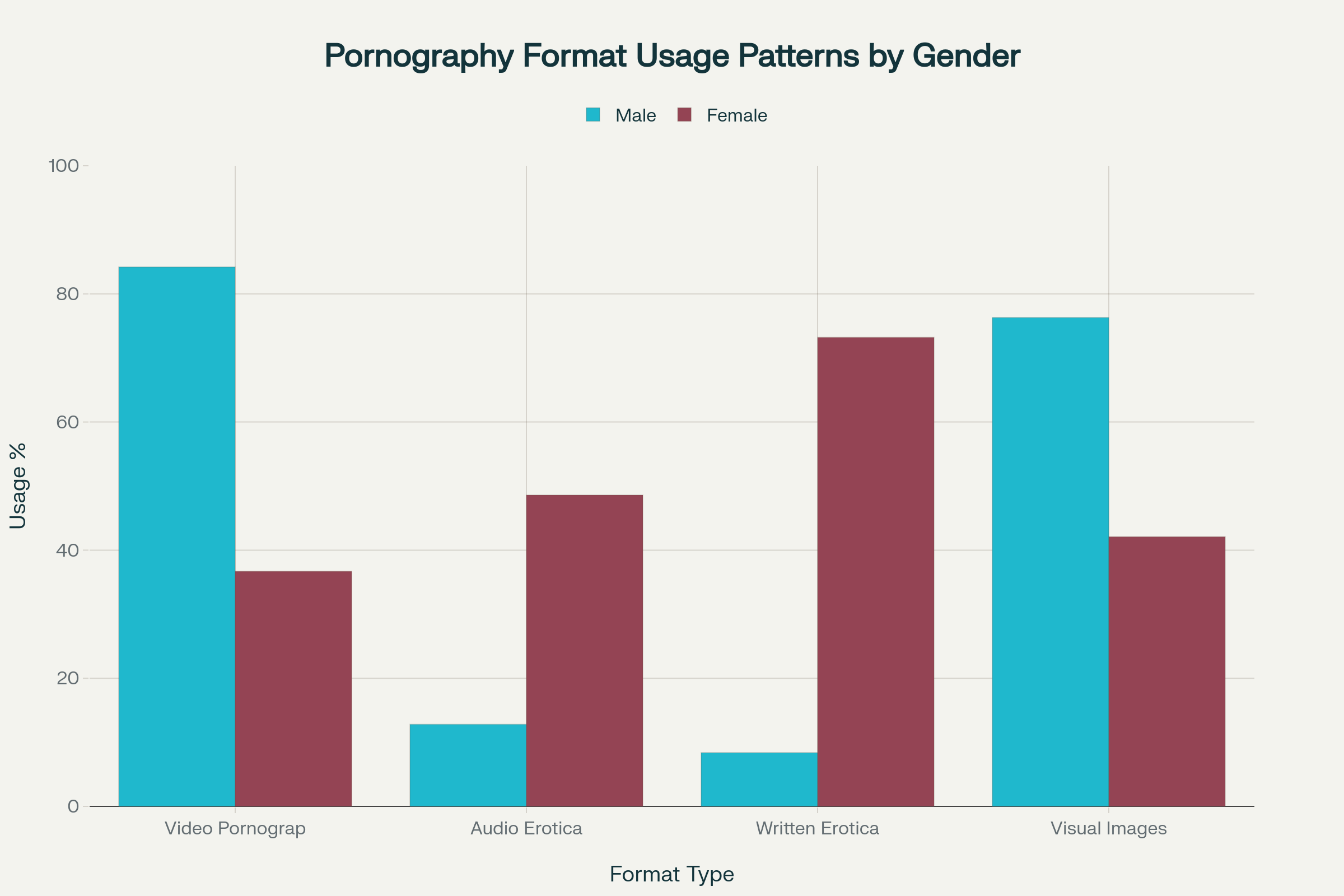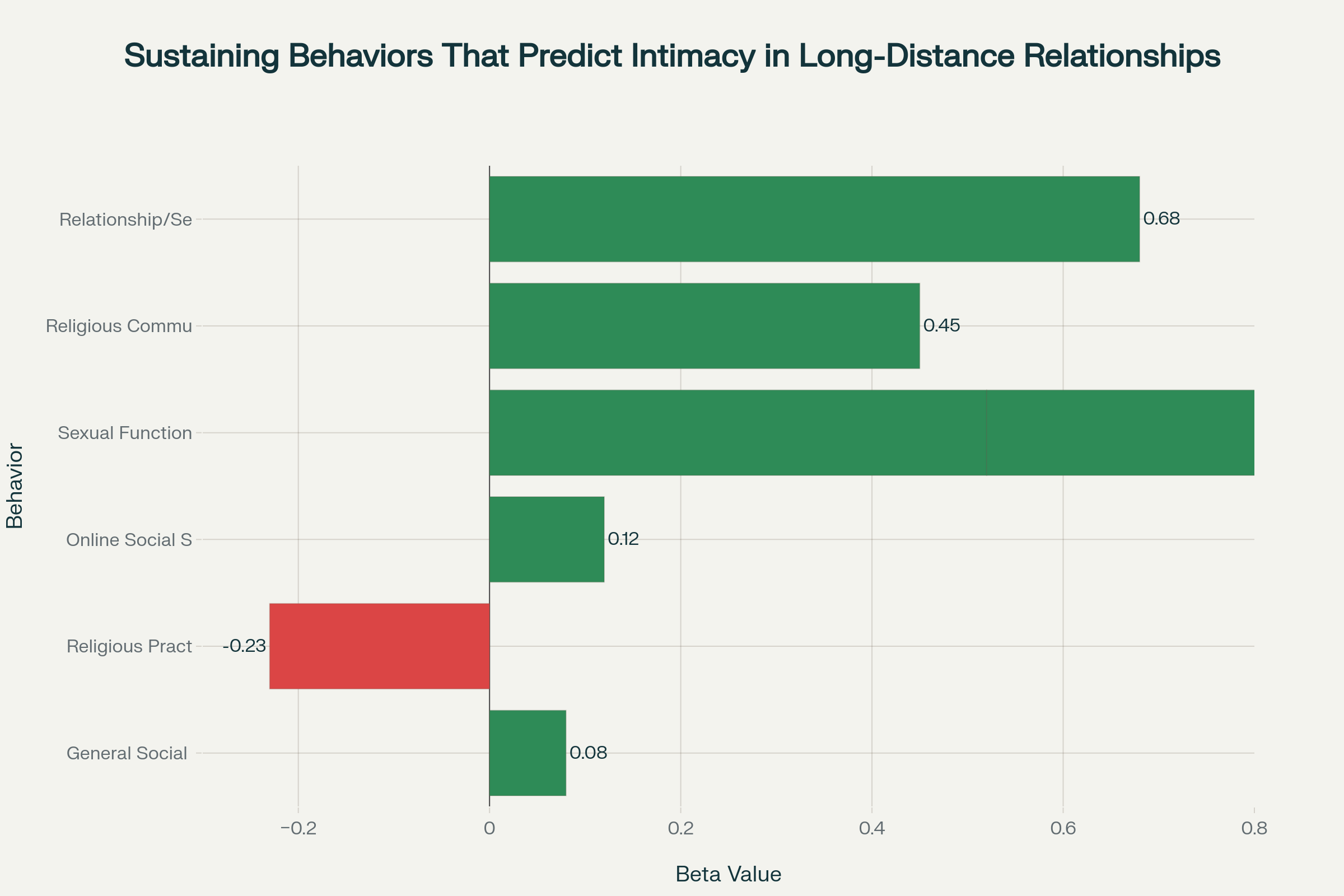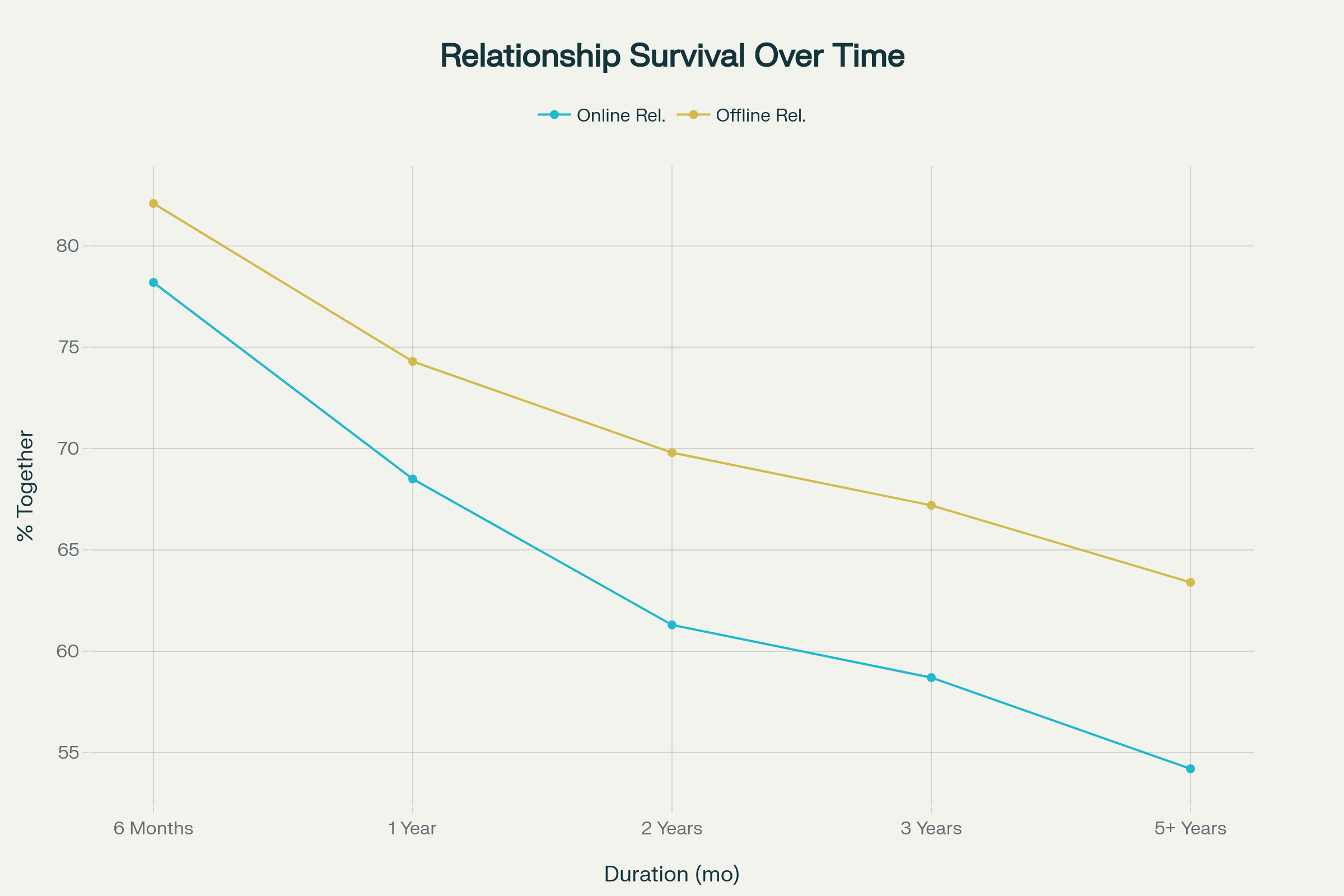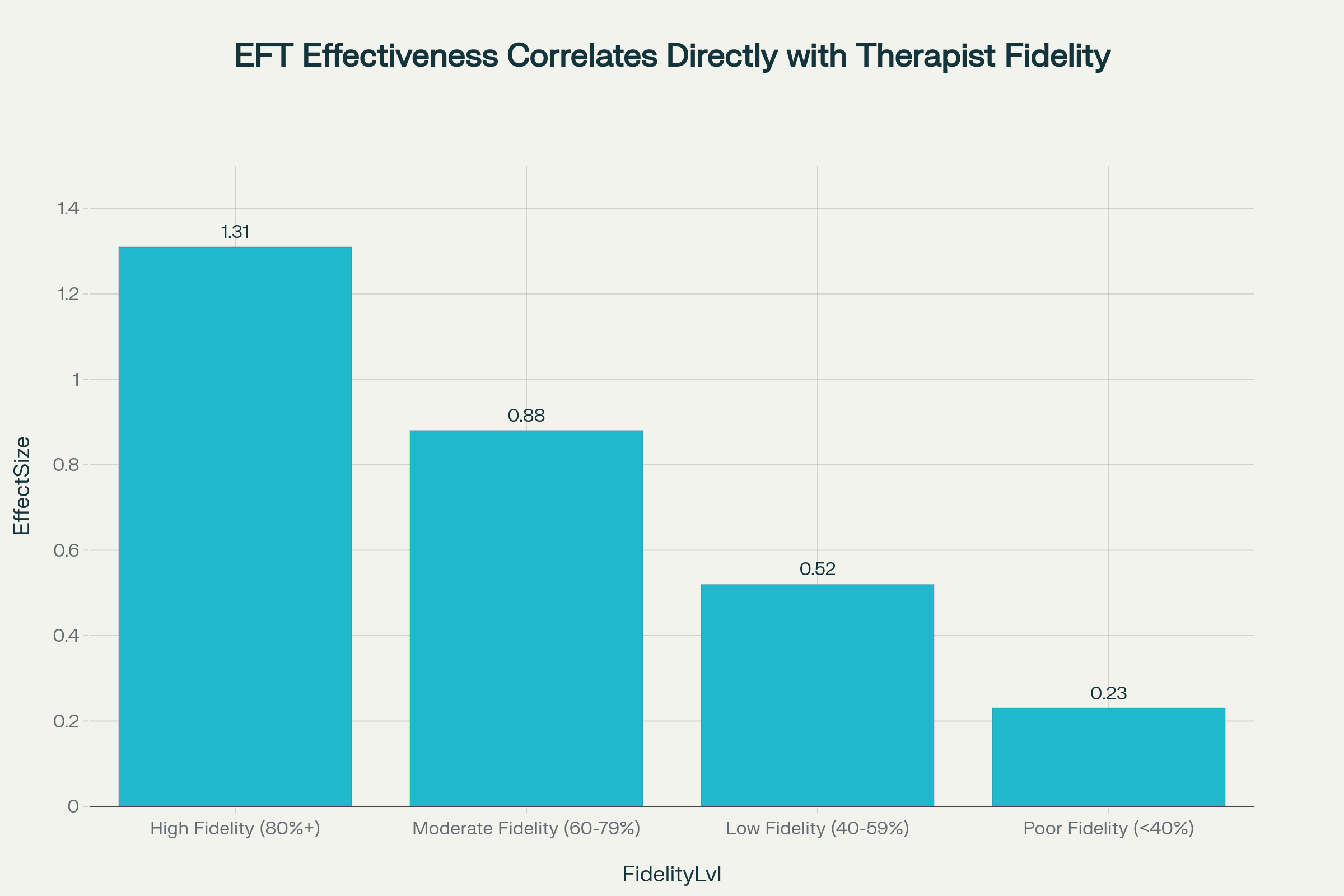Good relationship self-help involves practices and resources that foster personal growth, emotional balance, and positive interactions within romantic partnerships. Key strategies include nurturing self-compassion, seeking or providing supportive behaviours, using accessible self-help tools, and maintaining a healthy balance between personal and relationship needs.
Core Elements of Effective Relationship Self-Help
- Self-Compassion: Being kind to oneself during difficulties leads to more caring, supportive, and less aggressive behaviour in relationships. Self-compassion is a stronger predictor of positive relationship behaviour than self-esteem or attachment style, and it helps increase relationship satisfaction, especially when individuals express their feelings rather than self-silence.
- Supportive Partner Behaviours: Nurturing and action-oriented support from a partner (rather than criticism or invalidation) enhances both relationship quality and personal growth. Receiving more help from a partner predicts greater relationship satisfaction and self-improvement.
- Self-Regulation and Self-Control: Actively working on the relationship (self-regulation) is linked to higher relationship satisfaction. Self-control helps maintain a healthy balance between personal and relationship needs, promoting well-being for both partners.
Accessible Self-Help Tools
- Online Programs: Web-based self-help interventions have been shown to significantly improve relationship satisfaction for both individuals and couples, offering a practical and accessible alternative to traditional therapy.
- Books and Online Resources: Many people benefit from relationship-focused self-help books and online materials, especially after break-ups or during times of distress. These resources can be used alone or alongside support from friends, family, or professionals.
Special Considerations
- Positive Relationship Experiences: For individuals with avoidant attachment styles, engaging in positive, intimacy-promoting activities can reduce negativity, increase relationship quality, and encourage self-disclosure over time.
Conclusion
Good relationship self-help centres on self-compassion, supportive behaviours, accessible resources, and balancing personal and relational needs. These approaches can improve relationship satisfaction, foster personal growth, and help individuals navigate challenges in their romantic lives.






